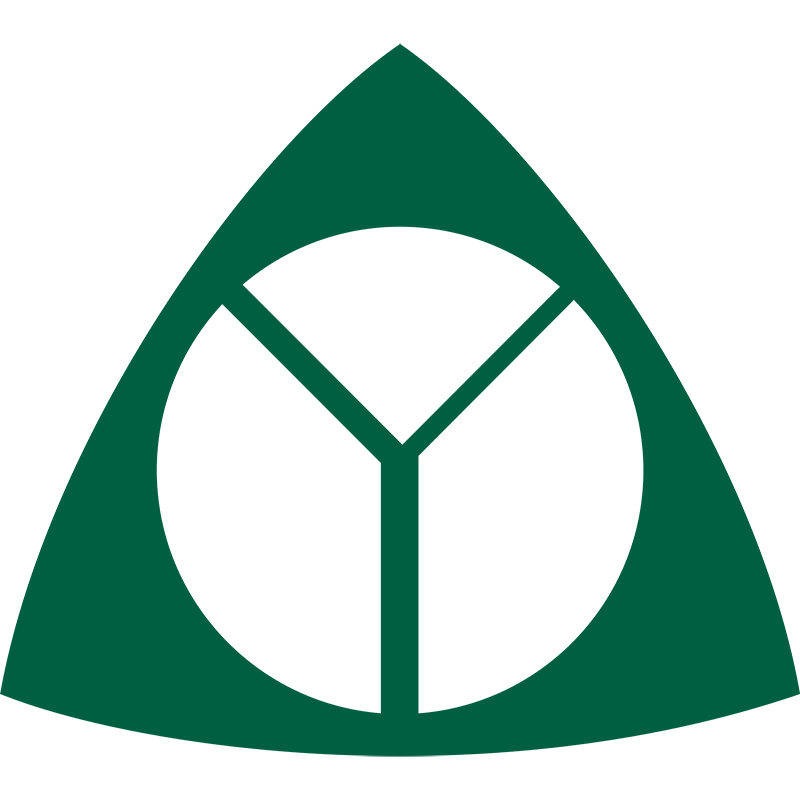The Department of Radiological Technique was established in 2014. The Department includes four clinical workplaces such as Clinic of Radiology, Magnetic Resonance, Clinic of Oncology and Radiation Oncology and Clinic of Nuclear Medicine. All mentioned clinical workplaces are distinguished for their high national and international standard that is confirmed by publication and lecturing activities as well as by the participation of the medical staff in conferences held at home or abroad. Pedagogical effort aims to educate and train a radiological technician.
The study programme Radiological Technique is for now according to the system of study programmes being studied in the first degree of university study (in Bachelor’s Degree, Bc.) with the standard length of the study 3 years for the full-time study. The graduate of this study programme becomes a qualified medical worker with wide-ranging professional skills, capable perform professional procedures without outside help and keep safety precautions when working with sources of ionizing radiation. The content of the study programme takes into consideration the standard of comparable professions abroad and comply with the recommendations and requirements of the World Health organization for the education of the medical workers as well with recommendations of the European Union for education in the field of radiation protection.
A radiological technician is qualified to carry out without outside help the radiological examination images and apply ionizing radiation during radiotherapy as prescribed by the doctor and is able to make flexible and independent decisions. The graduate of the Bachelor Degree of the study programme Radiological technique is qualified to work as a radiological technician at all levels of treatment and prevention at the following workplaces:
- Radiology
- Computer tomography
- Nuclear magnetic resonance
- Intervention radiology
- Nuclear medicine
- Radiation oncology

